- Have any questions?
- +86-189 8930 5995
- sales@mosinterchem.com.cn
Oxaliplatin CAS 61825-94-3 63121-00-6

Captopril CAS 62571-86-2
08/01/2019
(S)-Metolachlor CAS 87392-12-9 178961-20-1
10/01/2019| Model: | MOS 61825-94-3 63121-00-6 |
| Place of Origin: | Shandong,China (Mainland) |
| Molecular Formula: | C6H14N2.C2O4.Pt |
| Specification: | CP/USP/EP |
| Molecular Weight: | 397.29 |
Oxaliplatin (CAS: 61825-94-3,63121-00-6)
| Item | Index |
| Molecular Formula | C6H14N2.C2O4.Pt |
| Molecular Weight | 397.29 |
| Specification | CP/USP/EP |
Oxaliplatin (pronounced ox-ally-plat-in), marketed as Eloxatin by
Sanofi, is a platinum-based antineoplastic agent used in cancer
chemotherapy.
History
Oxaliplatin was discovered in 1976 at Nagoya City University by Professor
Yoshinori Kidani, who was granted U.S. Patent 4,169,846 in 1979. Oxaliplatin
was subsequently in-licensed by Debiopharm and developed as an advanced
colorectal cancer treatment. Debio licensed the drug to Sanofi-Aventis in 1994.
It gained European approval in 1996 (initially inFrance) and approval by the U.S.
Food and Drug Administration in 2002. Generic oxaliplatin was first approved in
theUnited Statesin August 2009. In 2010, Sanofi regained exclusivity protection
for the drug until August 2012.
Structure and mechanism
The compound features a square planar platinum(II) center. In contrast to cisplatin
and carboplatin, oxaliplatin features the bidentate ligand 1,2-diaminocyclohexane in
place of the two monodentate ammine ligands. It also features a bidentate oxalate group.
According to in vivo studies, oxaliplatin fights carcinoma of the colon through non-targeted
cytotoxic effects. Like other platinum compounds, its cytotoxicity is thought to result from
inhibition of DNA synthesis in cancer cells. In particular, oxaliplatin forms both inter- and
intra-strand cross links in DNA, which prevent DNA replication and transcription, causing
cell death.
Clinical use
Oxaliplatin is used for treatment of colorectal cancer, typically along with folinic acid and
fluorouracil in a combination known as FOLFOX. Oxaliplatin has been compared with other
platinum compounds used for advanced cancers, such as cisplatin and carboplatin.
Advanced colorectal cancer
In clinical studies, oxaliplatin by itself has modest activity against advanced colorectal cancer.
When compared with just fluorouracil and folinic acid administered according to the de
Gramont regimen, a FOLFOX4 regime produced no significant increase in overall survival,
but did produce an improvement in progression-free survival, the primary end-point of the
phase III randomized trial.
Adjuvant treatment of colorectal cancer
After the curative resection of colorectal cancer, chemotherapy based on fluorouracil and folinic
acid reduces the risk of relapse. The benefit is clinically relevant when cancer has spread to
locoregional lymph nodes (stage III, Dukes C). The addition of oxaliplatin improves relapse-free
survival, but data on overall survival have not yet been published in extenso.
When cancer has not spread to the locoregional lymph nodes (stage II, Dukes B) the benefit of
chemotherapy is marginal and the decision on whether to give adjuvant chemotherapy should be
carefully evaluated by discussing with the patient the realistic benefits and the possible toxic side
effects of treatment. This is even more relevant when the oncologist proposes treatment with oxaliplatin.
Adverse effects
Side-effects of oxaliplatin treatment can potentially include:
• Neurotoxicity leading to chemotherapy-induced peripheral neuropathy, a progressive, enduring and
often irreversible tingling numbness, intense pain and hypersensitivity to cold, beginning in the hands
and feet and sometimes involving the arms and legs, often with deficits in proprioception.[8]
• Fatigue
• Nausea, vomiting, or diarrhea
• Neutropenia (low number of a type of white blood cells)
• Ototoxicity (hearing loss)
• Extravasation if oxaliplatin leaks from the infusion vein it may cause severe damage
to the connective tissues.
• Hypokalemia (low blood potassium), which is more common in women than men
In addition, some patients may experience an allergic reaction to platinum-containing medicine.
This is more common in women.
Oxaliplatin has less ototoxicity and nephrotoxicity than cisplatin and carboplatin.
You must be logged in to post a review.
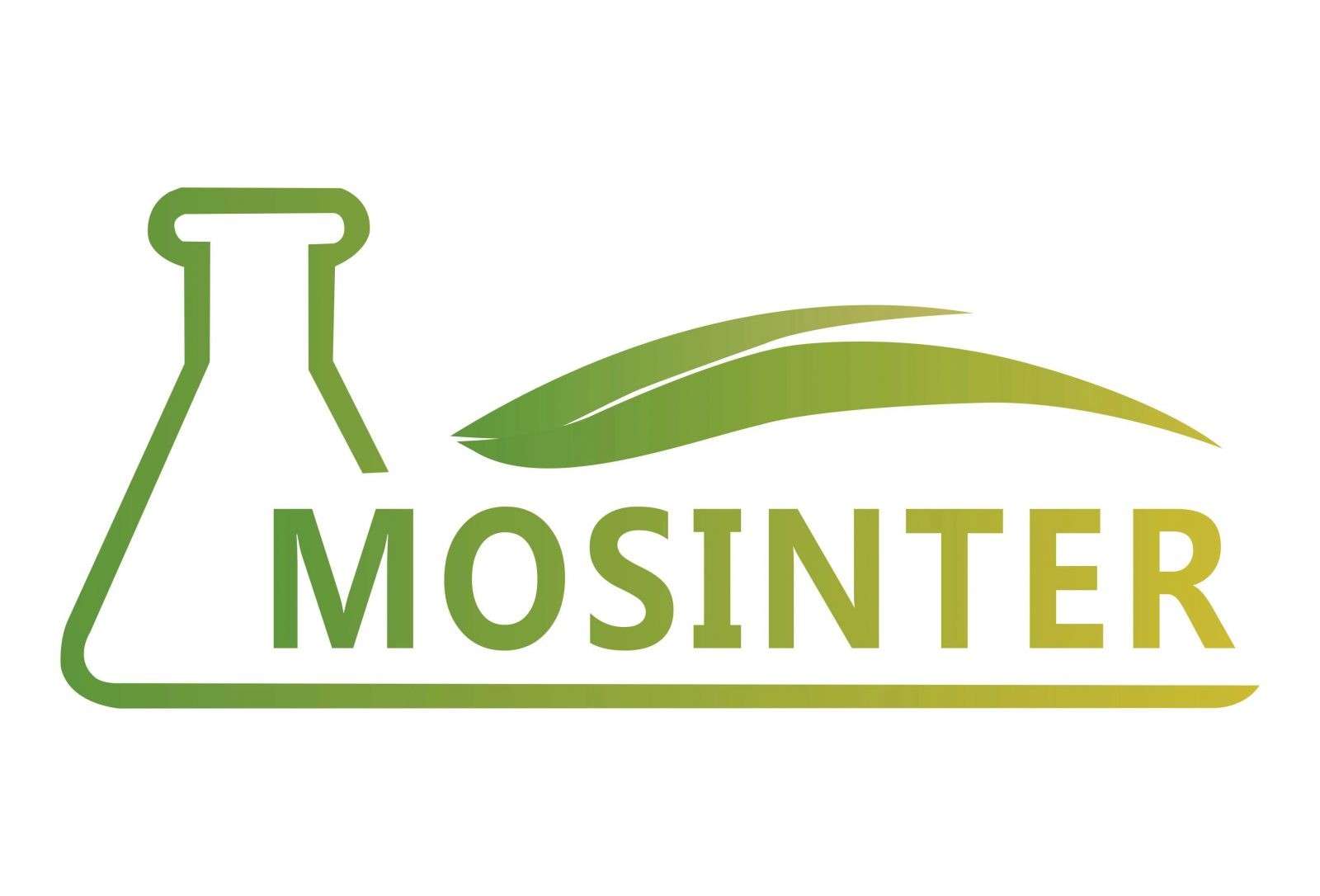
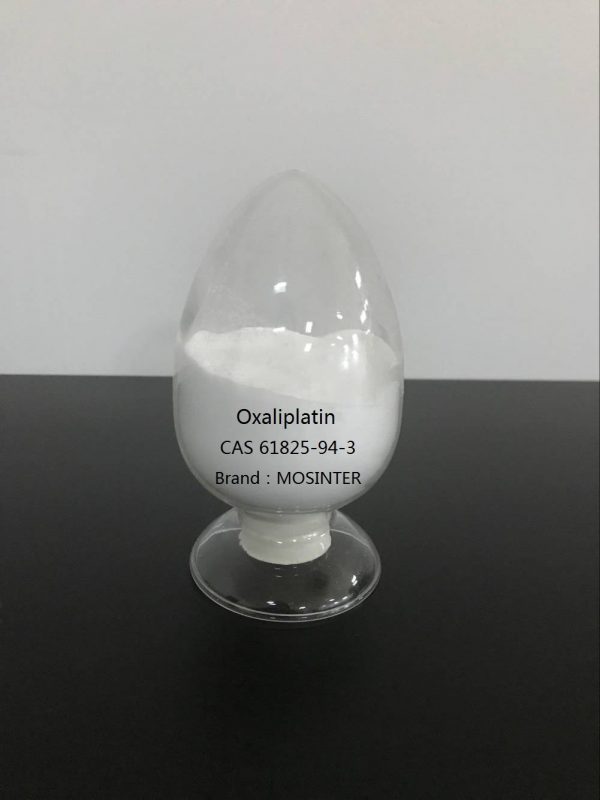
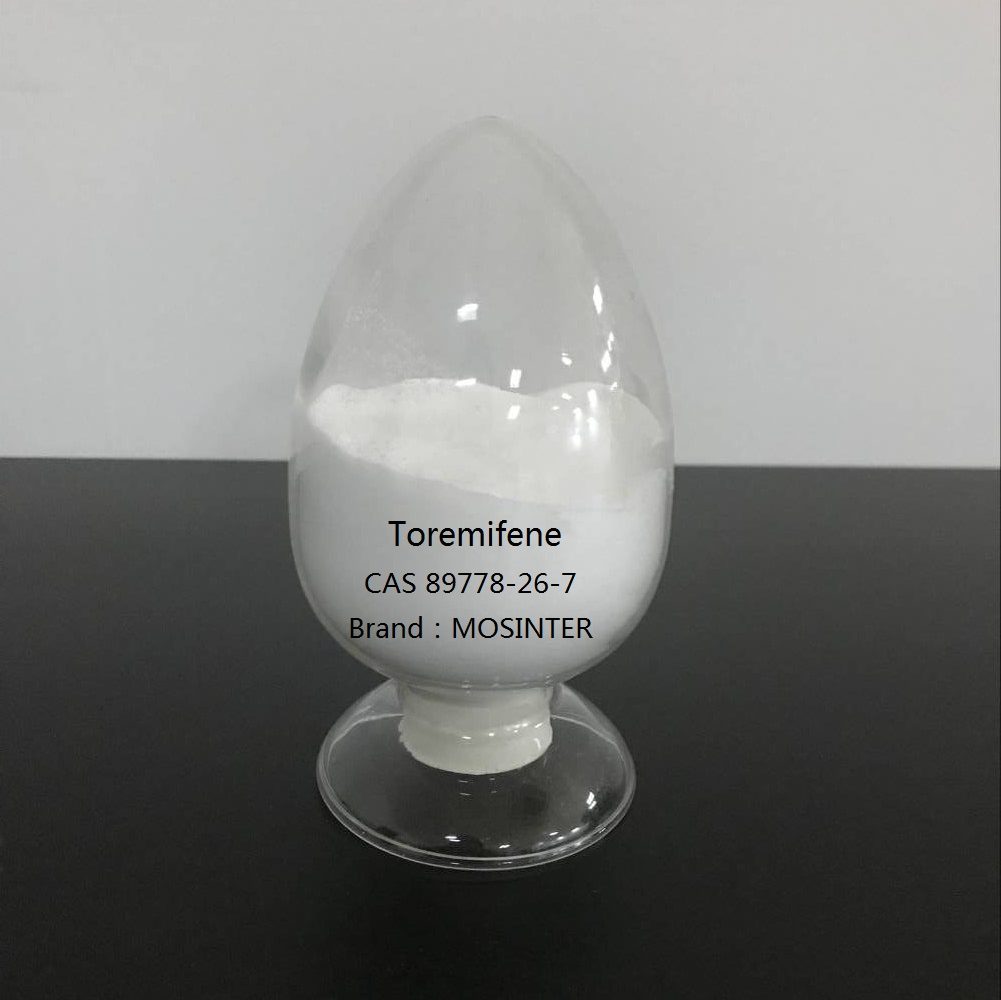
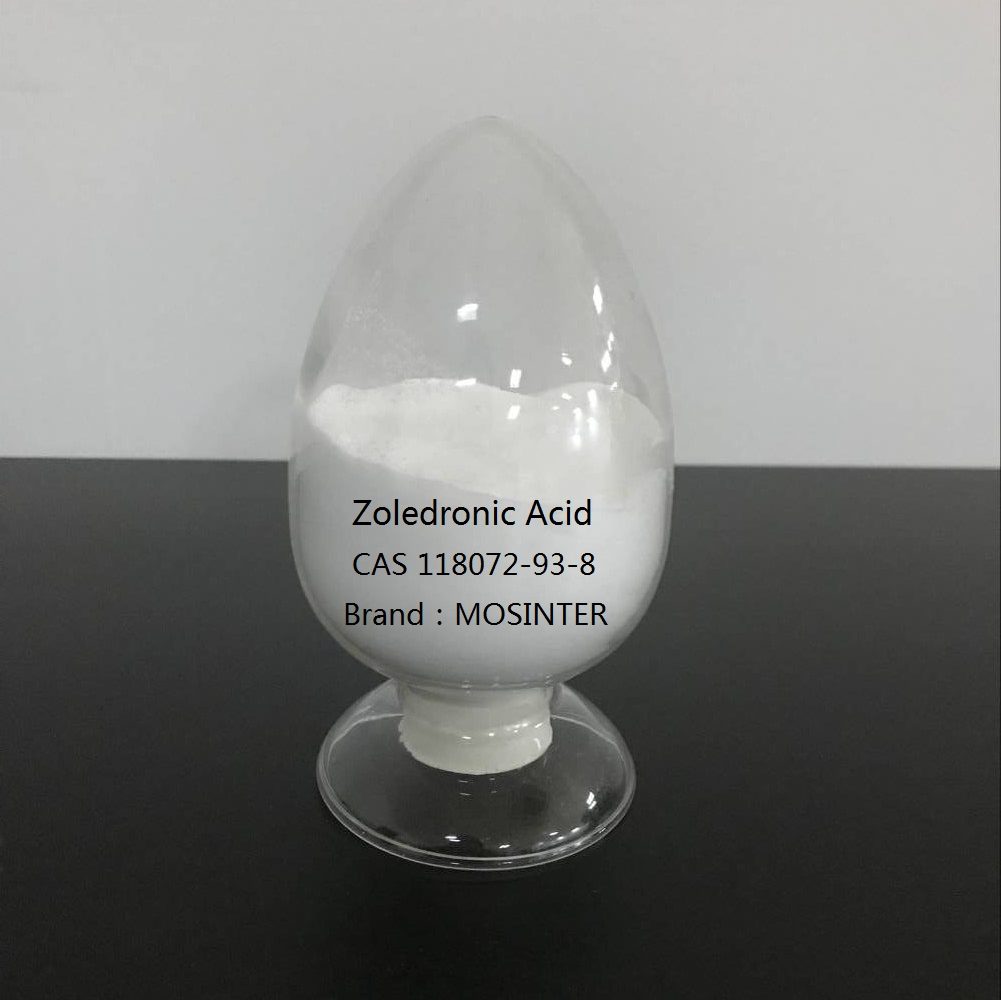
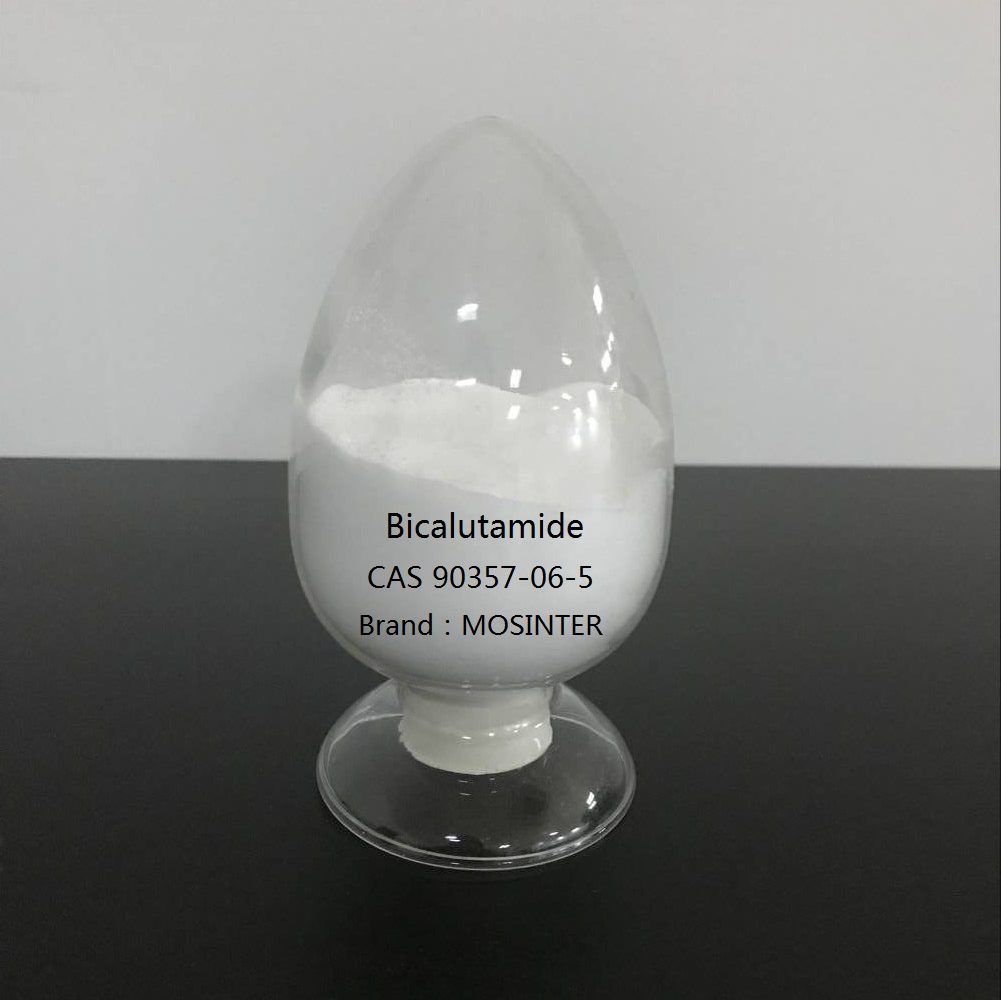
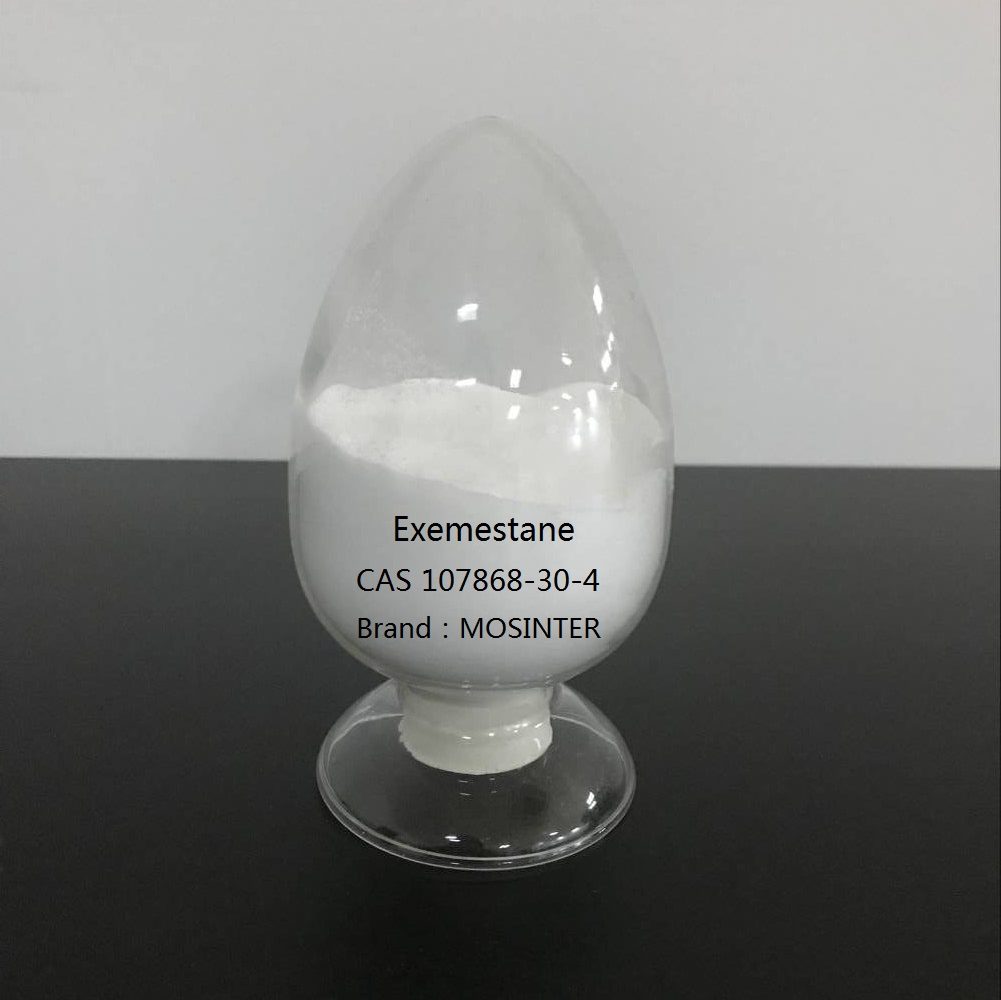
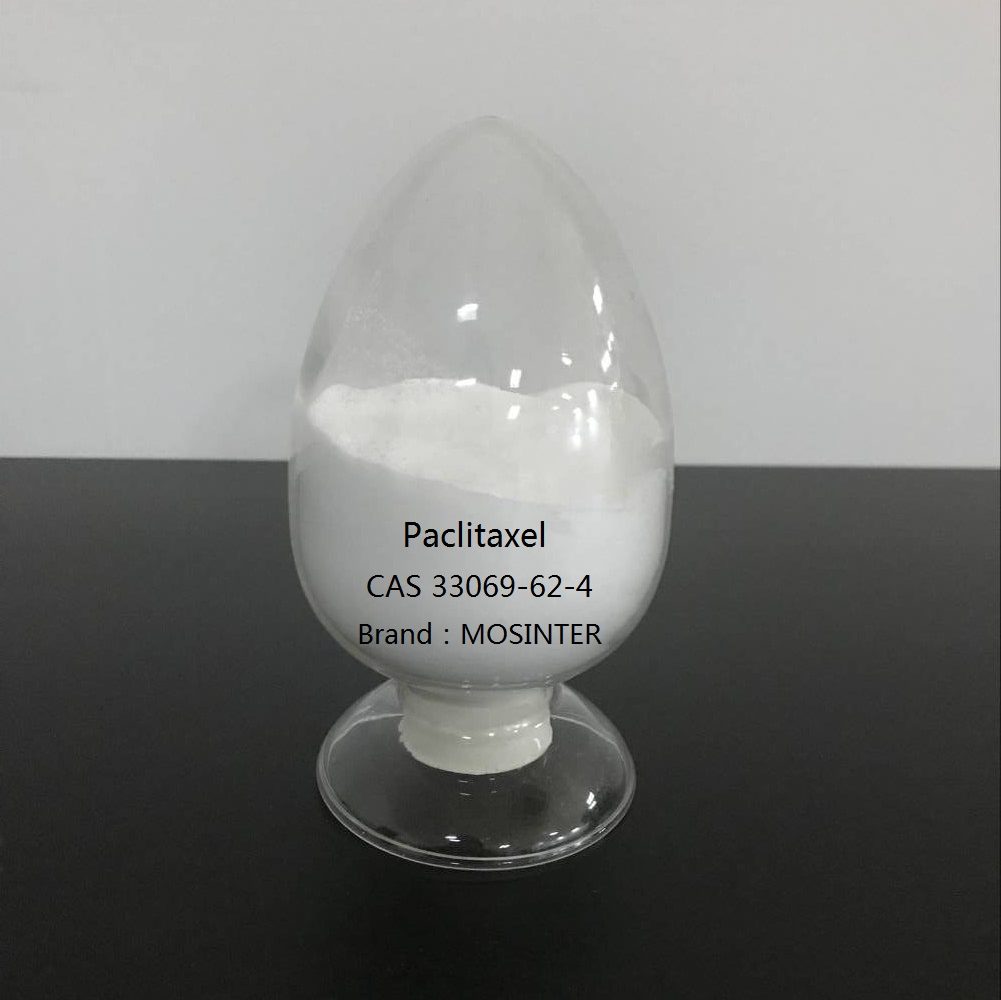
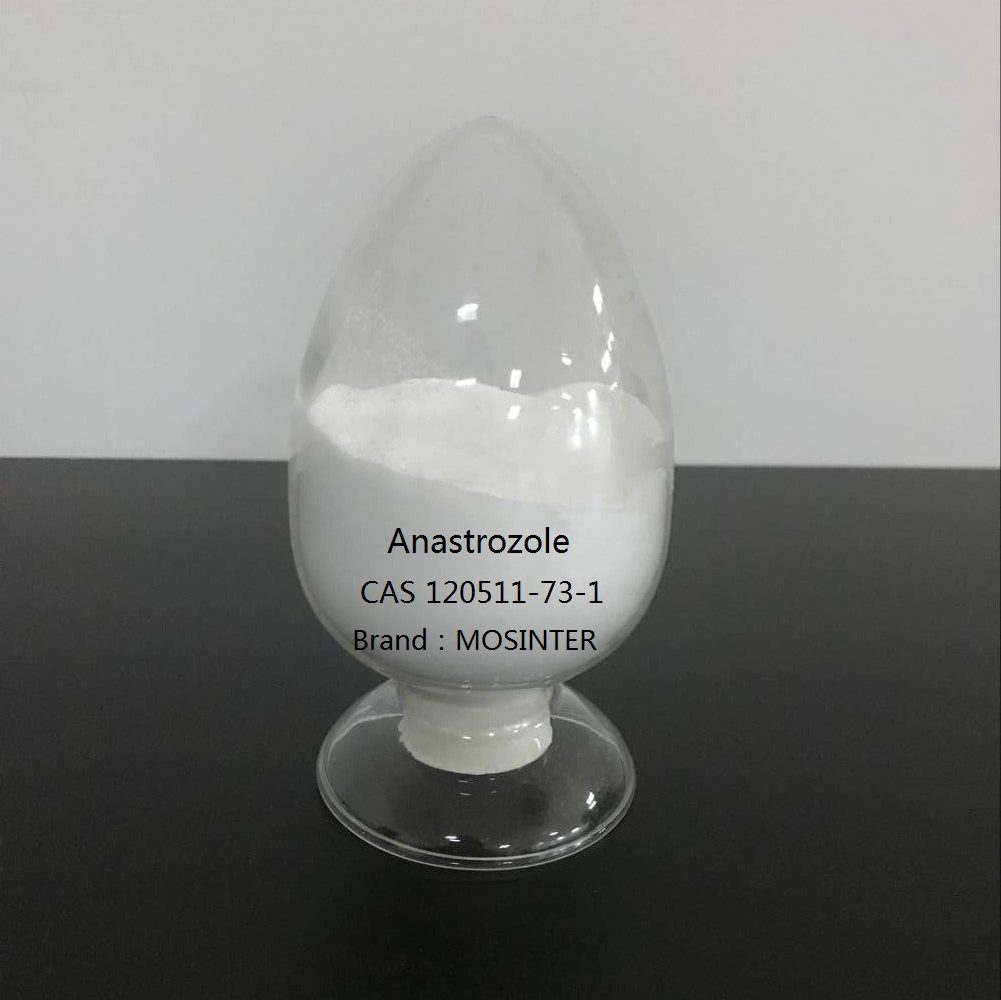
Reviews
There are no reviews yet.